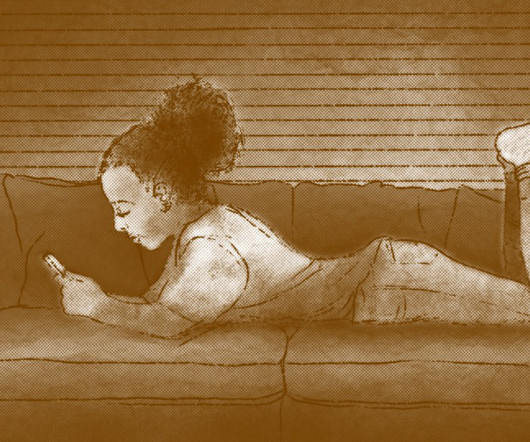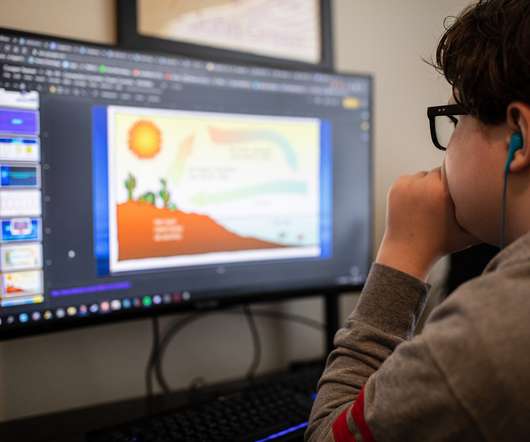For some kids, returning to school post-pandemic means a daunting wall of administrative obstacles
The Hechinger Report
DECEMBER 19, 2023
She studies how burdensome paperwork and processes often prevent poor people from accessing health benefits. Inconsistent cell phone access isn’t uncommon among low-income Americans. On a typical school day, Tameka’s four children — now 14, 12, 9 and 8 — sleep late and stay inside watching television or playing video games.














Let's personalize your content